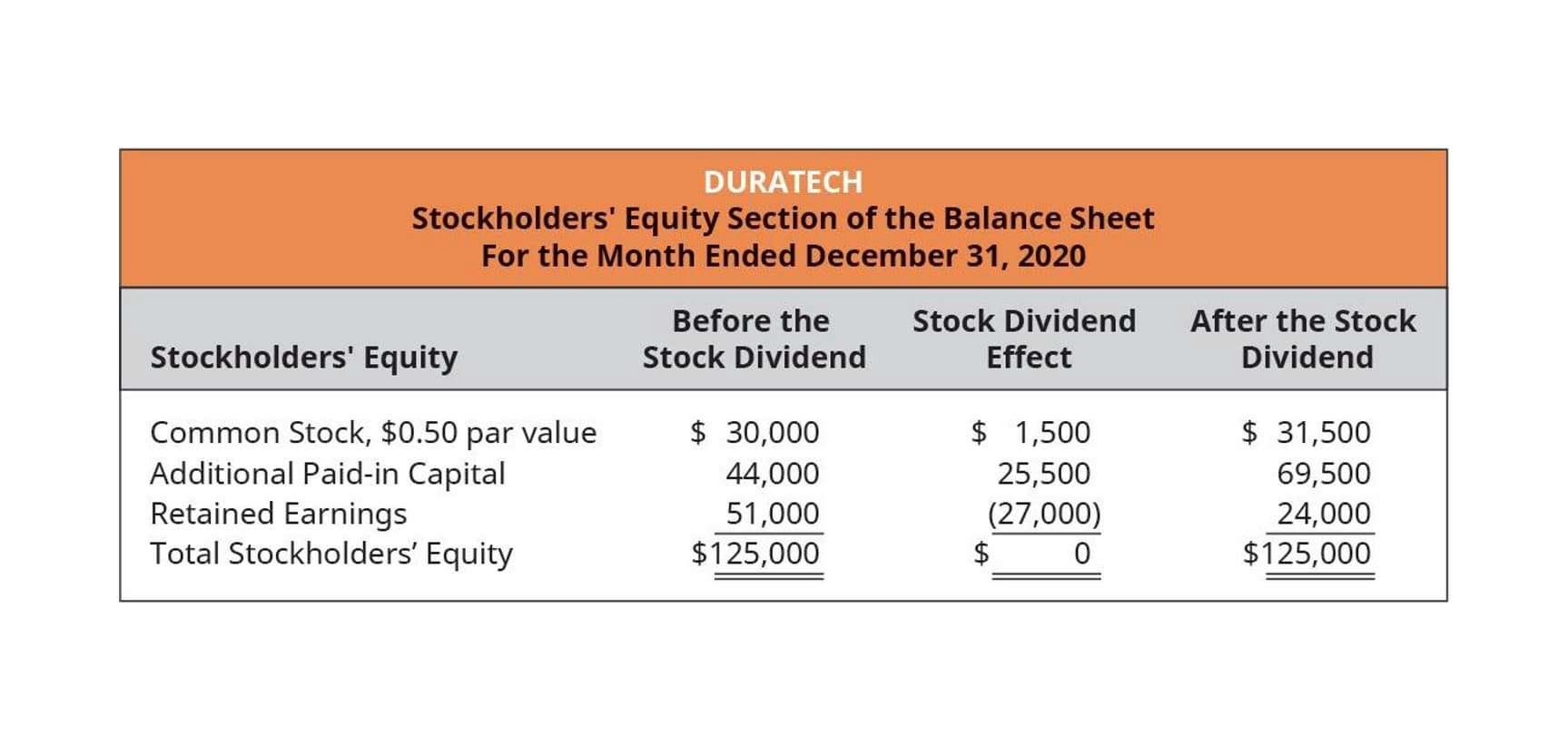A Comprehensive Guide to Creating a Church Budget

Simply put, budgeting is focused on managing today’s money wisely, while financial planning is focused on preparing for tomorrow’s needs and opportunities. – Personnel, facilities, and rent/mortgage take up the majority of most church budgets. However, the goal should be that no less than half of your expenses be for internal and external ministry work. At every step of the process to create your how to create a church budget budget, your church’s mission and vision should be the main focus.
Offer financial transparency to your members
- Failing to account for essentials can strain your church’s finances.
- I am confused and I know my church may be too because they have neverhad a budget.” That is okay to think that way because with everything new, there has to be a starting point.
- We have broken it down by overarching categories as we discussed above, but your budget will flesh these out with the subcategories that apply to your church.
- Capital campaigns for building projects or mission trips often attract one-time gifts from members and supporters.
- Establishing specific, measurable financial goals is fundamental for adequate church budgets.
- Having an expert will take much of the guesswork out of budgeting for a church, especially as you’re just getting started.
By treating budgeting as a continuous task, you can stay on top of your church’s financial health and make informed decisions throughout the year. Set aside time to review the budget law firm chart of accounts periodically to assess its performance. If you notice discrepancies or unexpected expenses, don’t hesitate to make adjustments.
- When it comes to working with the community, transparency is key.
- Rouse estimated that 50% of the giving goes to local projects and 50% to world missions.
- The most effective way to get more people to adopt recurring giving is to have volunteers available to assist members in setting it up.
- It’s important to allocate a portion of the budget towards supporting and funding these ministries.
- Now that you know how to spend your income, we need to discuss how to make that income possible.
Budgets hold you accountable

Try to gauge whether you are currently in a “slow” season in terms of giving, and pay close attention to your temporary income streams. This creates buy-in and helps petty cash build trust, because your members can see the level of thought going into major decisions and they know that their voices will be heard. It may also give you valuable insight into what your congregation considers important. Ideally, at least one person on this committee should have a background in accounting. If no one on staff has that expertise, there may be someone in your congregation who can help. Otherwise, you may want to have an outside consultant review your budget or provide input before you get started.

Using a Program-Based Budget

Congregations (through their sessions) pay an annual amount of money per church member — per capita apportionment — to their respective presbyteries. It is about joining together as a community and being one body, the body that is Christ’s church in the world. Per capita connects Presbyterian Church (U.S.A.) congregations and mid councils with the work of the wider church. Per capita is how Presbyterians mutually and equitably share the costs of moving the church forward in the 21st century. Tithely provides the tools you need to engage with your church online, stay connected, increase generosity, and simplify the lives of your staff. Get weekly updates on church tech, happenings at Tithe.ly, free resources for your church and more.
- The Bible says, “My God shall supply all my needs according to His riches in glory!
- Facilities management is another major expense allocated by cost per square foot instead of a percentage.
- Every church is different, but again, it can be helpful to have a benchmark for how much other churches allocate toward various expenses.
- This budget year, Victory Church will give about $8 million to mission causes.
- For everything your church spends money on, add it to your list of expenses.
- A clear, actionable budget allows churches to plan for current needs, prepare for future growth, and remain financially stable in uncertain times.
How Often Should a Church Review Its Budget?

There are several different kinds of budgets, each with its own objectives and functionality. In my experience, churches often use a line-item budget or a zero-based budget. – If you can, budget off of 80-90% of your church’s income and save the rest. Just like it’s important for a family to live within their financial means, your church needs to operate within your income. Transparency and accountability are probably the most important tools to maintain your ministry’s integrity. That means making the finances of your church an open book for your church community to read.





